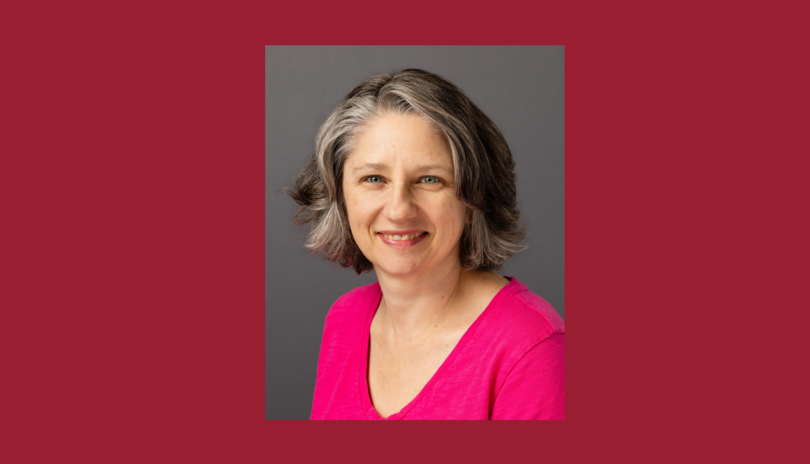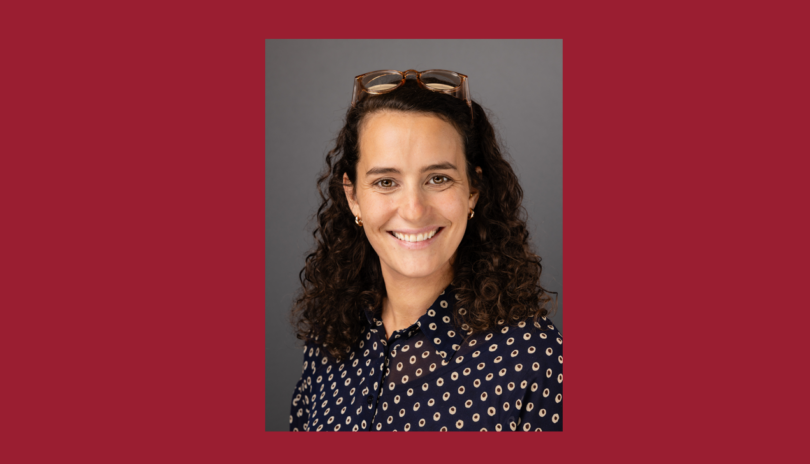I’ve been thinking a lot about achievement these days. Achievement in school. Achievement in sports. Achievement on standardized tests. With one child going off to college, one in high school, and another in middle school, I am in the thick of parenting, just like our DCD parents—even if my own kids are slightly older. As an educator, I wish I could say I have it all figured out. I read books and articles. I listen to speakers. I do my own research. I have the great gift of learning every day simply by being in the field of education. That said, it still doesn’t make the job of parenting any easier. However, I am reassured by one thing. Despite the emotional toll that achievement culture is taking on our parents and kids, I am lucky to be in an environment like DCD.
At DCD, we deeply value personal growth, a love of learning, and the pursuit of excellence. We celebrate the joy of effort (from the 1928 handbook), the development of curiosity, and the wonder of discovery. However, sometimes these core values get crowded out when the perceived more important next accomplishment takes over. As parents we are fed multiple messages about how to parent so your child will be accepted to a “good” college, make the best team, or get an internship, fueling uncertainty about whether or not our children will succeed (and rarely mentioning whether or not they will be happy in the process).
Most of the time, the desire to accomplish something is natural, and it can even be a powerful motivator. In fact, you can develop confidence and competence when you achieve a goal that you set. However, an environment that emphasizes too much external validation can unintentionally create significant challenges for students. It’s worthwhile to pause and reflect on the potential downsides of an overly intense focus on achievement.
This year, DCD was selected as a service partner in the UPENN positive psychology program. Allison Webster and I have spent the winter meeting with our group of talented researchers who are exploring achievement culture and ways to combat it. Through partnering with our UPENN team, we’ve delighted in the potential of new programming that can support parents and kids, when we hear about the toxicity of achievement culture.
One of the most concerning downsides is the potential impact on well-being. When the primary focus is on grades, test scores, awards, and accomplishments, children can experience increased stress, sadness, and even burnout. The constant pressure to “do well” can overshadow the true joy of learning and lead to feeling “lesser than”, even if students are actually performing well. We’ve seen this at the top level of sports—often in DI college sports. Even if an athlete achieves at an elite level, sometimes when compared to others, that athlete can still feel not good enough. At DCD, we want our students to thrive, not just academically, athletically or artistically, but emotionally as well. One of the greatest joys is when I hear our 8th graders speak on our admissions panels, expressing not just their impressive results, but vulnerability about times when things didn’t always go well, and how the environment at DCD—especially teachers, coaches and advisors—provided them strength, guidance, and support, and helped them find their way.
It’s also important to share that an overemphasis on achievement can sometimes narrow our focus, rather than create space for exploration. When the destination (the “A,” the award, the secondary school acceptance) becomes the sole preoccupation, one can risk overlooking the richness of the journey. We might miss opportunities for deeper exploration or not risk-take for fear of messing up. At DCD, we know that true growth often happens in the journey and the messy stage and not just in the final outcome. I’m glad our PK-8th grade culture at DCD is one that creates a safe space to try new things, free from judgment, especially since everyone participates in everything.
The pressures of achievement culture can also impact our ability to collaborate. In a highly competitive environment, the focus can shift from collective growth to individual success. This can sometimes hinder the development of strong teamwork skills, empathy, and a sense of community where students feel supported and uplifted by one another. When an environment becomes too competitive, there can be a breakdown in the power of the collective. At DCD we believe in the community and that learning together and fostering a collaborative spirit is an essential life skill.
Finally, an intense achievement culture can change our parenting. We can feel afraid when we hear “everybody’s doing it” and feel “my kid isn’t.” From a child’s perspective, this can also undermine a student’s intrinsic motivation. When students are constantly driven to do something because everyone else is or by external rewards, if those don’t happen, the feeling of failure and their internal drive to learn can diminish. In fact those children may ultimately develop a desire not to take any risk at all. I love that at DCD our Pre-K teachers say, “We develop triers.” It’s not just risk-taking, it’s a whole culture starting at age 4 to just try everything because it’s part of our program. We want our students to be lifelong learners, fueled by their own curiosity and passion and to not be afraid of trying something new that they simply might enjoy, over only doing something to “achieve it.”
At DCD, we strive to cultivate a balanced environment where growth is celebrated alongside well-being, where the process of learning is valued as much as the outcome, and where collaboration and intrinsic motivation flourish. This requires ongoing dialogue, self-reflection, and a conscious effort to redefine success in broader terms. As parents it’s easy to get sucked into the noise to achieve and lose your way (even I sometimes do). It’s harder to remind yourself about what’s important and circle back to core values. At DCD, I’m grateful that parents and educators can continue to work together to nurture a community where our children feel empowered to learn, grow, and thrive, not just in their achievements, but in their overall development as thoughtful, compassionate, and lifelong learners.
Written by: Emilie Liebhoff | Assistant Head of School & Director of Admissions







